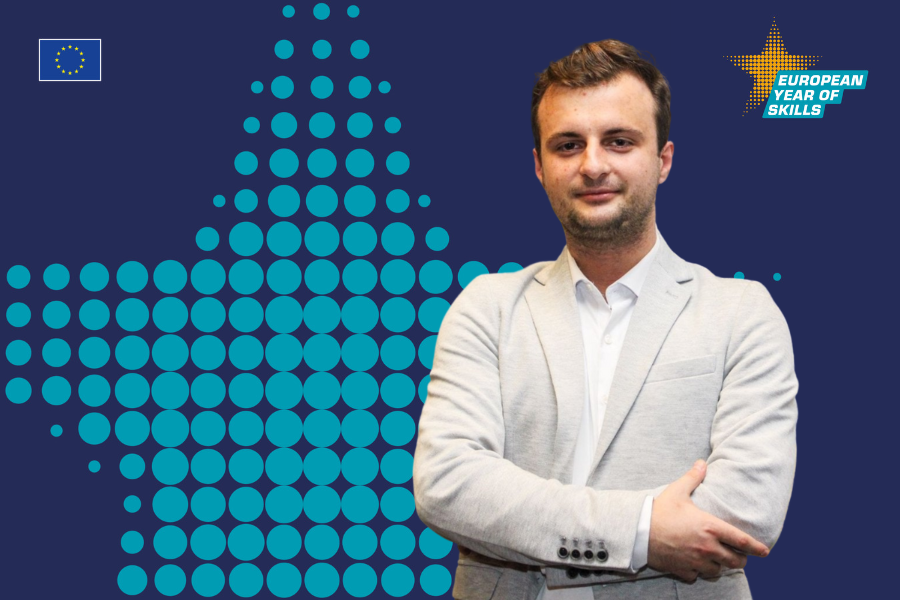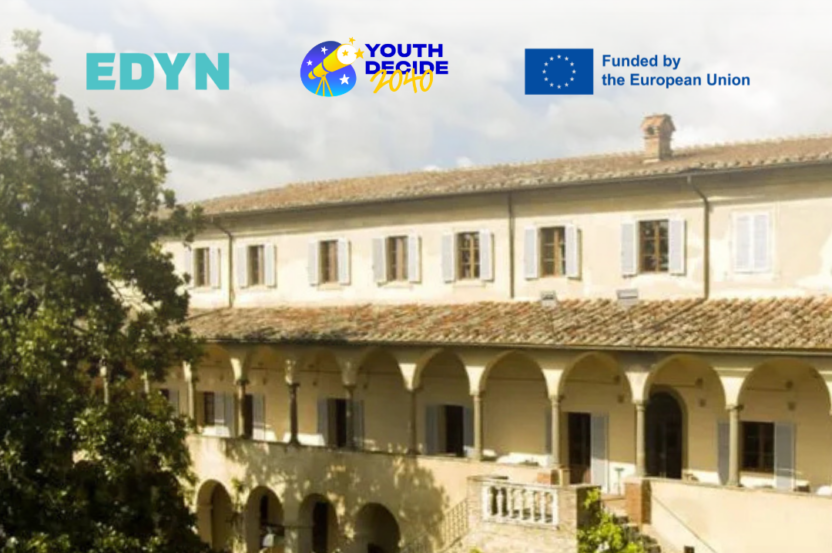Having a workforce with the skills that are in demand contributes to sustainable growth, leads to more innovation, and improves companies’ competitiveness. Skilled workers enjoy better job opportunities as well as broader possibilities to fully engage in society. This is key to ensure that the economic recovery as well as the green and digital transitions are socially fair and just.
In her State of the Union address, President von der Leyen proclaimed 2023 the European Year of Skills, to the greatest surprise of many public and private stakeholders in the sector.
The reason to put skills – and EU programmes that seek to upskill and reskill the adult population – in the spotlight is explained on account of the high unemployment rates and, at the same time, the forecast of new jobs being created every year.
There is a lot of research out there on the impact of studying abroad on the development of core employability skills. These are hard skills, such as language skills, but also soft skills such as resourcefulness, problem-solving, self-confidence and intercultural skills just to mention a few. Those soft skills often derive from life experiences (cf. experiential learning theory of Kolb) and can make a big difference between two candidates in a recruitment process. Indeed, in addition to what’s on your CV, employers want to see how you interact with other people and how you react to problems.
Going abroad to study, volunteer or work gets you out of your comfort zone and forces you to adapt and open up as you are exposed to different cultures and customs. Most Erasmus+ former participants report increased social, cultural and communication skills after their mobility. They are also more likely to participate actively in their social and cultural communities and be active citizens (ESN Survey). The same type of impact can be found with other programmes such as the European Solidarity Corps. If you go abroad, you must find new friends, discover your way into the city, open a bank account… What skills did you mobilise when solving all those at the same time? Multitasking, problem-solving, resilience…
The problem is that young people who go abroad are not always aware of the skills gained. They know it was a life-changing experience, but do they see it as a valuable experience to sell to employers? Planning a guided reflection process after such an experience is a good way to reflect and build on it to maximise the potential employability benefits. Tools such as the revamped Europass CV are supporting this reflexive process.
In order for the benefits of these processes to be felt by the economies of the Western Balkans, we must stop the enormous rates of brain drain, and with that in mind, I am addressing several recommendations:
- Set reasonable deadlines for the introduction of pilot programs for Youth Guarantee schemes in WB6, based on the current situation and stage of development in each respective society, as well as the usage of the know-how of North Macedonia and good practices of the EU;
- Introduce the measures for incenting self-employment, entrepreneurship, and social entrepreneurship, by ensuring their legal recognition and harmonization with the EU standards, stimulating the development of resource centers and funding for raising awareness programs through formal and non-formal education for young people in the region;
- Promote free movement of students, researchers, and workforce by working on Recognition of Academic Qualifications in the Western Balkans;
- Develop a Digital Youth Agenda in line with European Skills Agenda with the aim to enhance the employability skills of young people of the Western Balkans, gain new knowledge on digital tools and soft skills, as well as improve access to funding opportunities.




